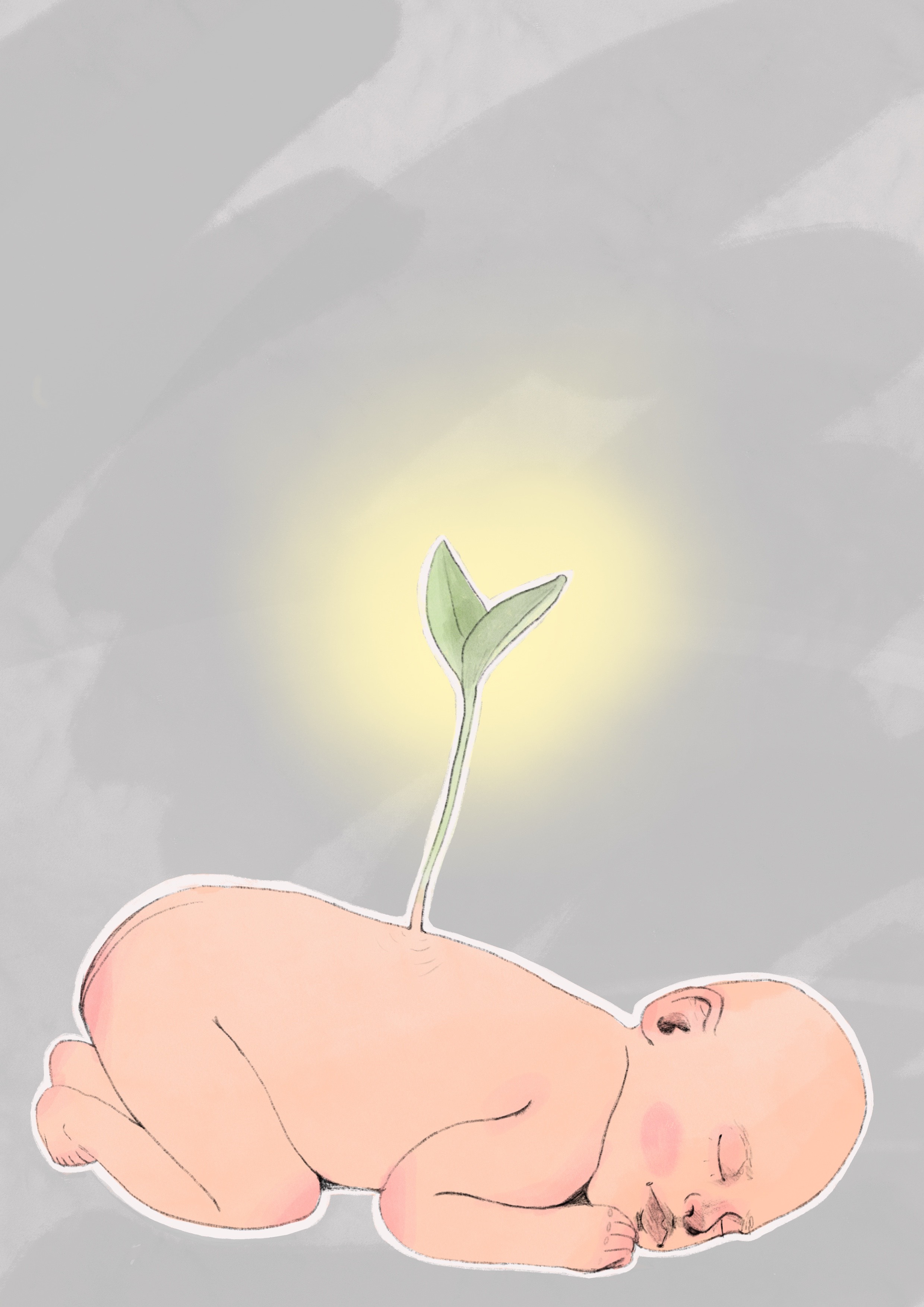I have come to believe that we cannot prevent birth trauma entirely. Birth is unpredictable and by its very nature it is a visceral, physical event however it happens, and unfortunately the process of giving birth can be traumatic even when it goes to plan. But it’s not good enough to just say “it might be a bit shit but I’m sure you’ll be fine”, we need to be proactive in preparing women and families for what to expect, and this is where I think we could do much better. We ask women to write birth plans, we ask them to think about what they want and how they want to give birth, but do we prepare them for what happens when the plan deviates from what they wanted? When the birth they need is not the one they hoped and dreamed of? And if not, why not? A number of reasons, in the antenatal period there is so much information to share that we don’t have time to go down the path of every single thing that might happen, although a realistic discussion based on individual risk factors is a good place to start. An honest conversation about induction of labour, that it takes a long time, that you might be on the antenatal ward for days waiting for a bed, so bring snacks, your own pillow and download plenty to watch on your iPad. Talk about the risks and benefits associated with induction or elective caesarean, and talk about them including the risks and benefits of doing nothing as well. In labour, listen to women, involve them in discussions about their care, build a relationship of trust so they know they can rely on us at their most vulnerable. Postnatally, give time and a listening ear, patience and understanding that their whole life just changed in an instant. Unfortunately a staffing crisis and an increasingly complex caseload means midwives are more stretched than ever, but we do care and we do want to do the best we can for you.

And what can women and birthing people do to prepare? Ask questions! As many as you like! If you don’t understand a recommendation, ask why, ask what the benefit is, ask what happens if you decline. If you’re still not happy, ask if there’s someone else you can talk to; a friendly Consultant Midwife or someone else senior. Talk to your friends, your sisters, your cousins, ask them about their experiences but remember that your pregnancy and your birth is your own. Try to be as physically well as possible, eat well, rest, exercise gently, do those pelvic floor exercises you always forget. Accept help when it is offered, rest whenever you can. Those are good tips in general even when you’re not pregnant or newly given birth.
A doctor I used to work with once said to me that if we properly counselled women about induction of labour, everyone would decline. Another firmly believed we should give everyone a caesarean section, because in his words “nobody ever complains if they think you saved their babies life”. I don’t believe either statement to be true, I do believe women should be given all the information they need to make the decision that best suits them and their baby, not coerced into complying with what we think is best. A lot of the psychological trauma I encounter comes from being denied options, or being forced into making decisions, without being given the tools to really understand what is being asked, why it is necessary and what the consequences of not doing it would be. My job then is to do this in retrospect, to try and help these families find closure and the ability to move forwards with the knowledge that they made the best choices they could with the information given to them at the time.
Physical trauma is different. There is little we can do pre-birth or in labour to prepare you for going home with a 3rd or 4th degree tear, or your baby going to NICU unexpectedly, or the reality of the intense sleep deprivation, trying to establish breastfeeding on your own at 3am with a crying baby, all the adjustments we go through as we adjust to this new life as parents. What we *can* do is treat you with respect and kindness, listen to you in labour and make decisions with you not for you. We can push for better postnatal services, ensuring women are supported properly in this pivotal moment in their lives. Postnatal wards are notoriously awful and breastfeeding support patchy at best, Sure Start centres mostly gone. When I started my training we had a labour government, and I remember one of my mentors saying we would never need to worry about budget cuts in maternity, it would be too unpopular a policy. Well, 13 years later and we all know that is no longer the case and sadly it is postnatal services that are the first to get cut, women now having to make do with just a phone call in some areas and then expected to bring their healing bodies and tiny babies to appointments in hubs, rather than being seen at home as they should be in those precious early days. Luckily there have been recent improvements made with a focus on pelvic health, introducing specialist posts for midwives to support women to recover from perineal tears and the complications which can go along with it. It’s a small step but an exciting one, much needed and a small shining light of shifting attitudes towards womens postnatal health.
I am proud to be a midwife and I am proud to work for the NHS, even if it isn’t perfect and gets less so with every passing year. I am proud to be able to make a small difference to the women I meet, I hope I do anyway. I am also proud to be a mum, having two boys of my own and having had two births of my own. One was a textbook waterbirth, home by tea time with no complications. The second was high blood pressure, labour ward and epidural, postpartum haemorrhage, 15 hours later he finally arrived, home the next day on anti-hypertensives. Was one more traumatic than the other? Not really, no. Both were the births I needed to get my boys out safely, and in both instances I felt well cared for, listened to and respected by those looking after me. And when things started to go awry with my second, I knew what was happening, I knew what needed to happen next and I knew we would make it out in one piece. That’s why I so strongly believe that the key to reducing birth trauma is to give women information, to empower them with knowledge and to enable them to feel confident to trust us with their care. We can’t take away the entire physical trauma that comes with childbirth, but we can prevent a lot of the psychological. And we can try as a society to improve things for women in the postnatal period, join your local Maternity Voices Partnership, write to your MP to push for more funding for maternity care, just look out for and talk to your friends, your sisters, your cousins, your neighbours who have had a baby recently. And please, if nothing else, do your pelvic floor exercises.
If anyone is looking for impartial resources on their right to choose in their maternity care, the charity Birthrights has excellent resources and a free advice line they can contact for support and information*
